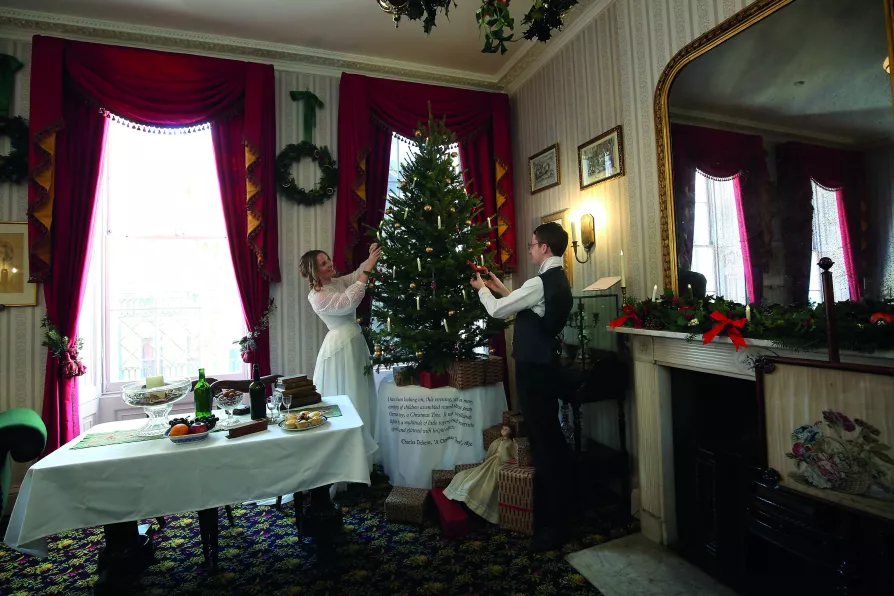RAMZY BAROUD offers six reasons why Netanyahu is prolonging conflict in the Middle East

 Actors rehearsing for a performance of Another Christmas Carol at the Charles Dickens Museum in London in 2016
Actors rehearsing for a performance of Another Christmas Carol at the Charles Dickens Museum in London in 2016
MILLIONS of people this month will be watching, reading or listening to some version of An Appeal to the People of England, on behalf of the Poor Man’s Child. Many will return to the original text; others may prefer the Muppets’ interpretation.
In 1843, Charles Dickens (1812-70) had two worries on his mind; one personal, and the other … well, the other personal as well, in a way.
His immediate problem was that his career appeared to be on its deathbed. He’d been a successful writer since his mid-twenties and had become, in a short time, a superstar throughout the English-speaking world. This was the first time he’d experienced professional failure.

MAT COWARD tells the extraordinary story of the second world war Spitfire pilot who became Britain’s most famous Stalag escaper, was awarded an MBE, mentored a generation of radio writers and co-founded a hardline Marxist-Leninist party

MAT COWARD tells the story of Edward Maxted, whose preaching of socialism led to a ‘peasants’ revolt’ in the weeks running up to the first world war












